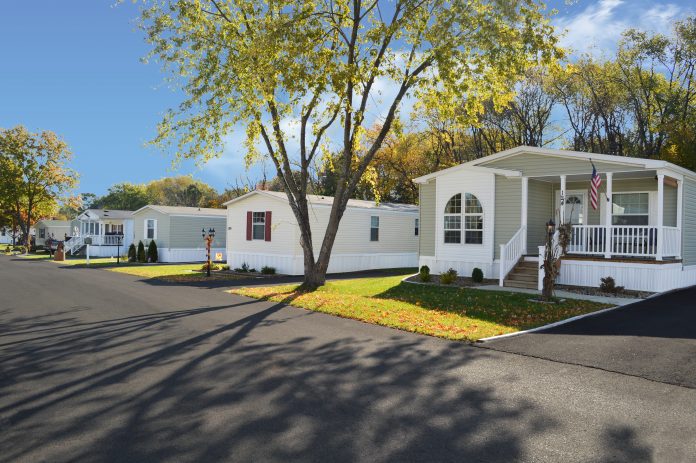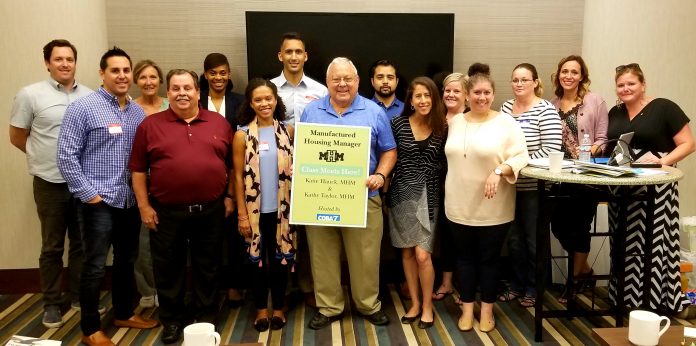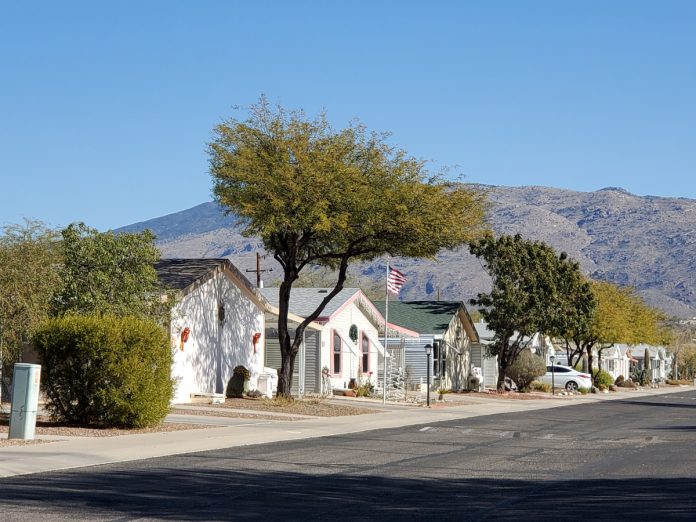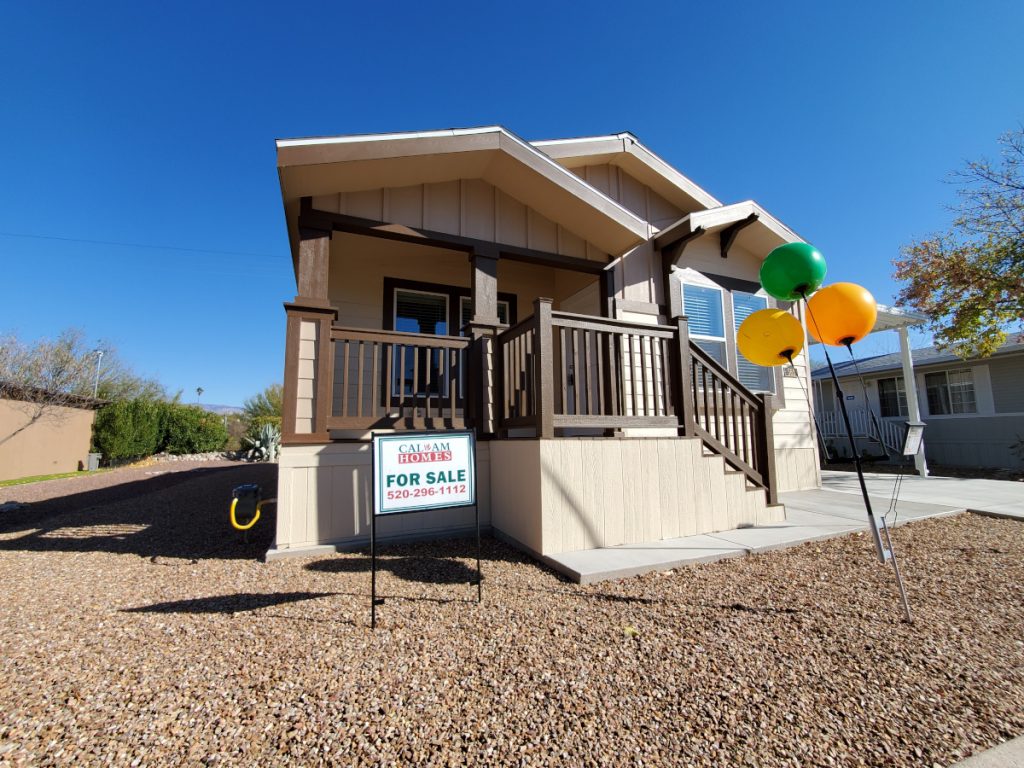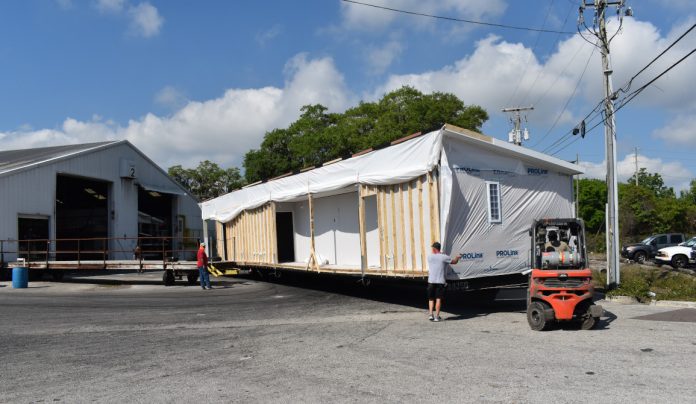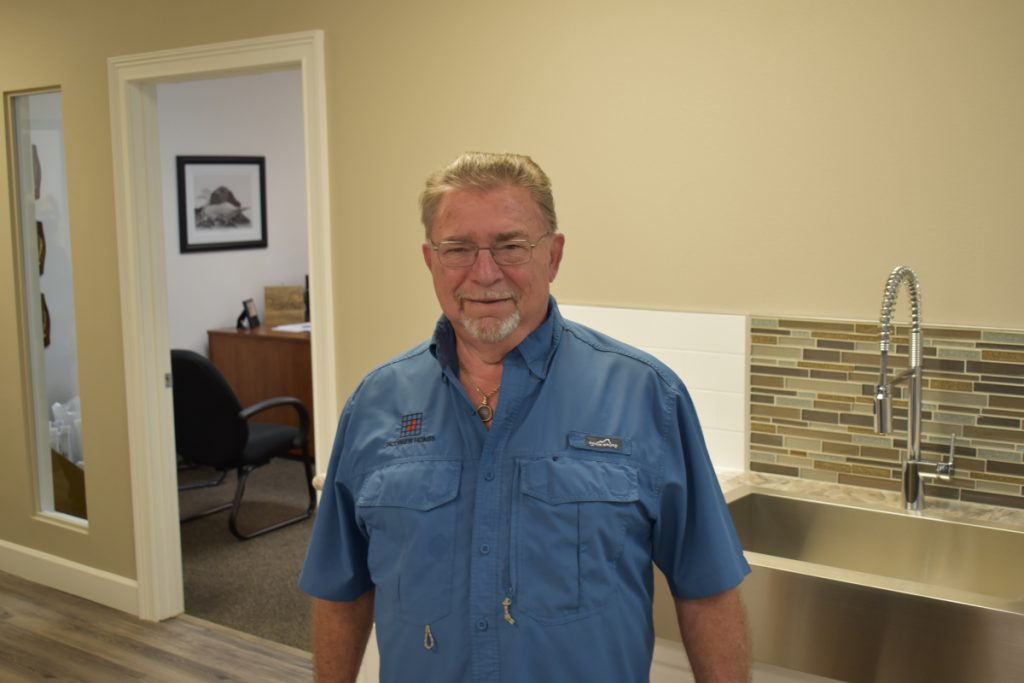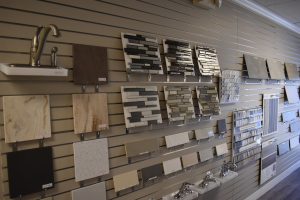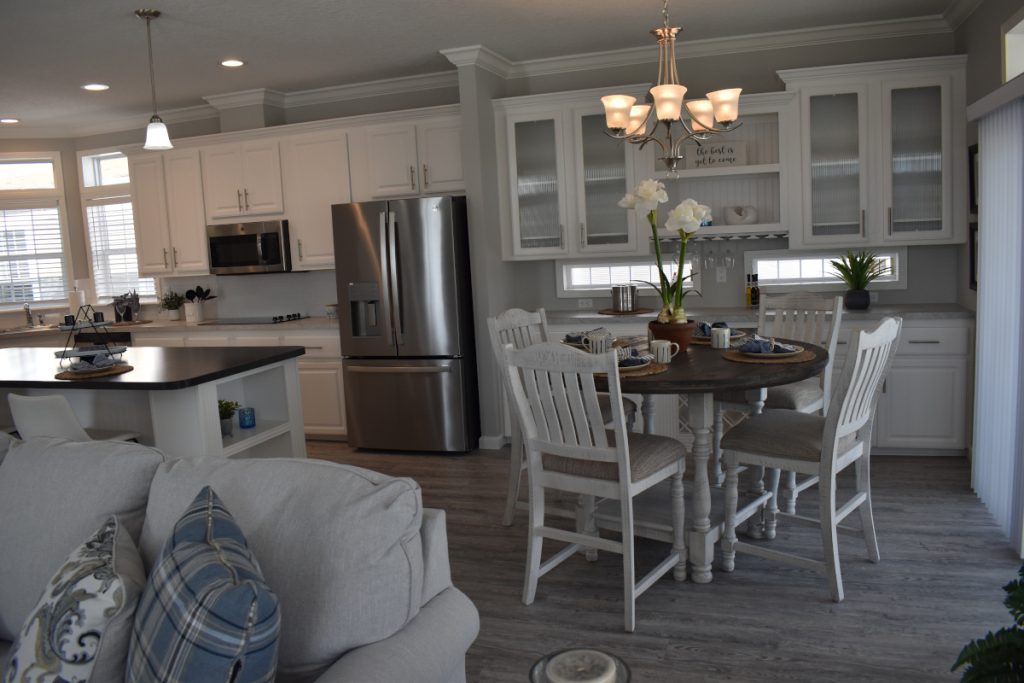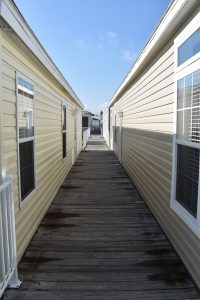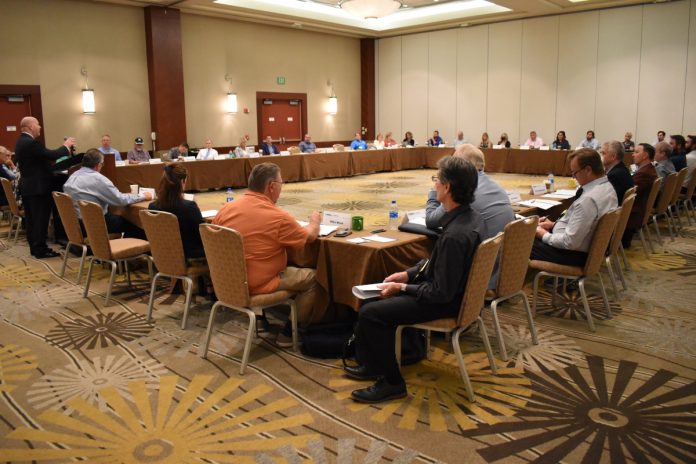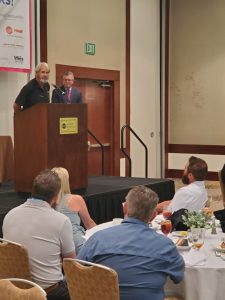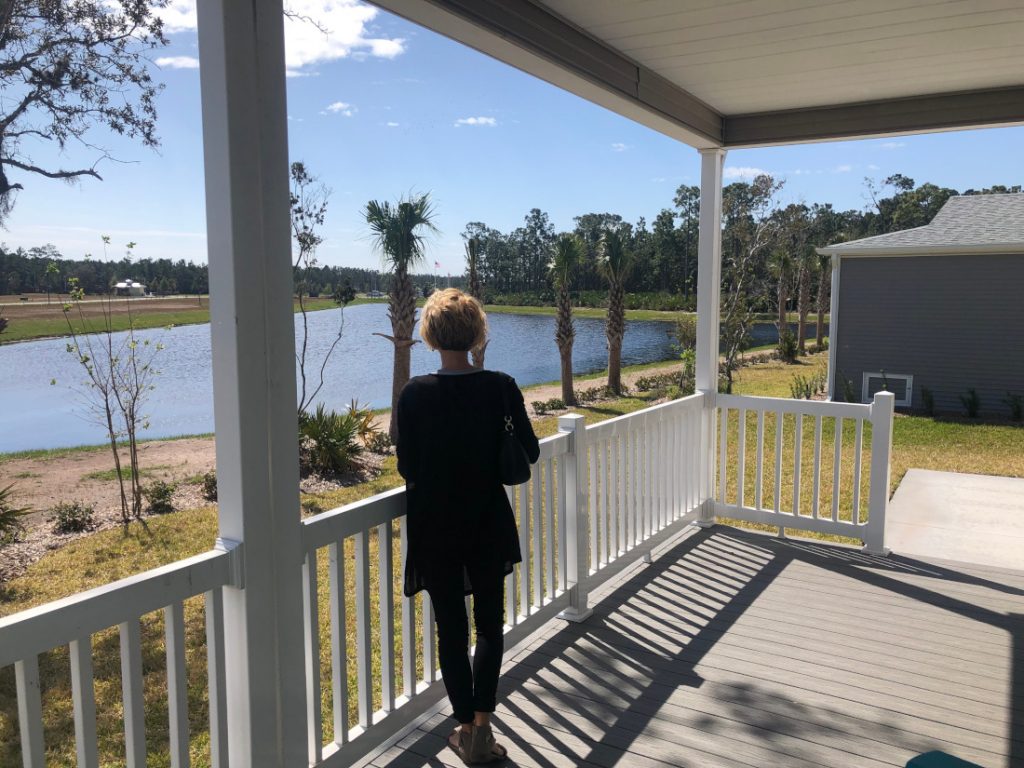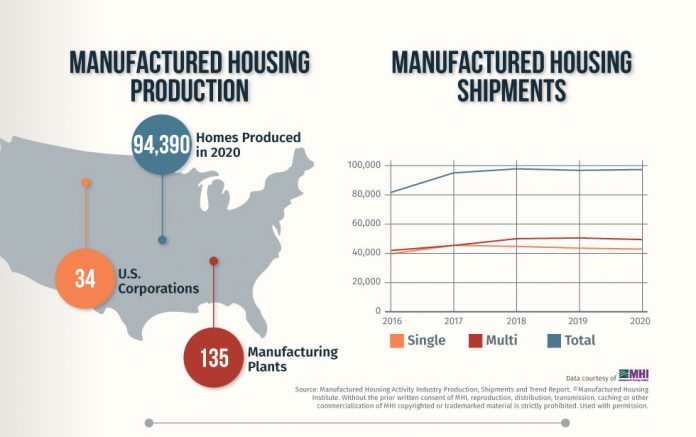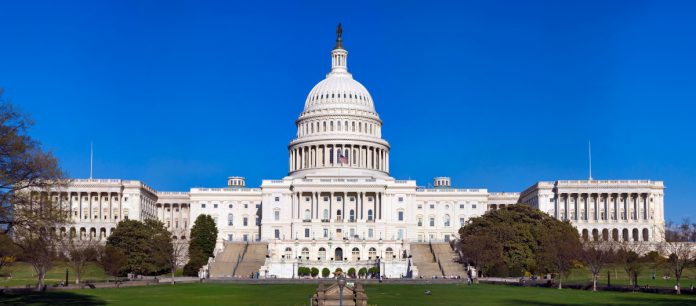There is a unique process for hiring a property manager, and it’s one that has evolved greatly in the manufactured housing industry. In years past, a manager often was a senior retiree who could collect rents and enjoy either concession on their space rent or a rental home in lieu of payment for the job. Those days have escaped us.
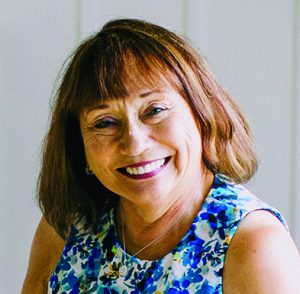
At present, in order to hire a property manager, we must look for someone who is organized and is good with technology, a problem-solving decision-maker who possesses customer service skills.
A perk might be that the management position comes with a place to live and paid utilities. Industry wide, the hourly pay at times was less than minimum wage given the housing accommodations, something labor law no longer supports.
Besides, the multi-million-dollar assets we own and operate now require personnel to be carefully recruited, screened, and evaluated. In recruiting a candidate, look for experience. Look for a candidate who has worked in our industry or a similar one. Find someone who is familiar with laws that apply to housing. Inquire about the use of accounting and property management software. Make apparent the need for someone with writing skills, and ask the candidates to compose a letter as part of the application or evaluation.
How to Conduct an Interview with a Community Manager Candidate
Starting the interview process, remember you are the salesperson representing your company. Begin by selling this person on your company and why they may want to join your organization and operate a manufactured home community. Every part of this process is about you needing quality talent as much as it is about the candidate who wants a job.
Below are some questions we find helpful once the interview has begun in earnest. Remember you want the candidate to be excited about the prospect of joining your company!
Ask the candidate, toward the end of an interview, “After speaking with us and given what we’ve both learned, do you feel you’re a good candidate for this position?”
Ask the candidate to explain their answer. And, of course, to put out the questions in a bullet list like this makes the process seem like an interrogation. It doesn’t have to be. Try to keep the tone conversational, feel free to expand on the planned questions, and let the candidate responses guide you toward other lines of inquiry before returning to the planned set of questions.
Good Questions to Ask a Community Manager Candidate
General Questions

- What is your employment goal?
- Are you seeking a job or a career?
- Are you interested in advancement?
- What type of formal training have you had? Do you have any certificates that are relevant to housing and property management?
- Are you willing to relocate to a different part of the country?
- What are your salary requirements?
- Do you need or want on-property housing?

Sales and Marketing Questions
- Can you share with us your impressions about the letter-writing requirement for this position, and how well do you feel you did?
- What is your strongest marketing skillset?
- What other sales and marketing proficiencies do you have?
- What experience do you have filling vacancies?

Technology Questions
- Do you have advanced computer skills?
- What kind of accounting and property management software do you use?
- Are you familiar with AMSI?
- Have you used a direct deposit machine?
- Are you proficient with spreadsheets?
Management Questions

- What do you like about being a property manager?
- What do you dislike?
- Do you work better independently or with a team, what has the mix been for you most recently?
- How many staff members have you overseen in your prior experience?
- Have you worked on multiple properties at the same time?
- Have you worked as a project manager at your property? Have you worked with vendors?
- Do you have knowledge of utilities, and if so can you explain your experience? (Power pedestals, water, sewer hook-ups)
- How familiar are you with the state laws affecting this property?
- What type of manager are you? Describe your people skills.
- Do you have an example of how you motivate an individual or team through a difficult task, such as resident rule enforcement?
- How would you handle a situation where you did not agree with your immediate supervisor? What do you feel is the best way to communicate with your supervisor?
There may be a new set of more sophisticated questions for a follow-up interview. And that’s better saved for a second installment.
Your property manager is first in line to represent your property, your company, and your residents. Hiring the right person is vital to your company’s reputation, and it’s more important than ever, in a difficult labor market, to efficiently search for, hire, train, and retain the best candidates for you and for the industry as a whole.


